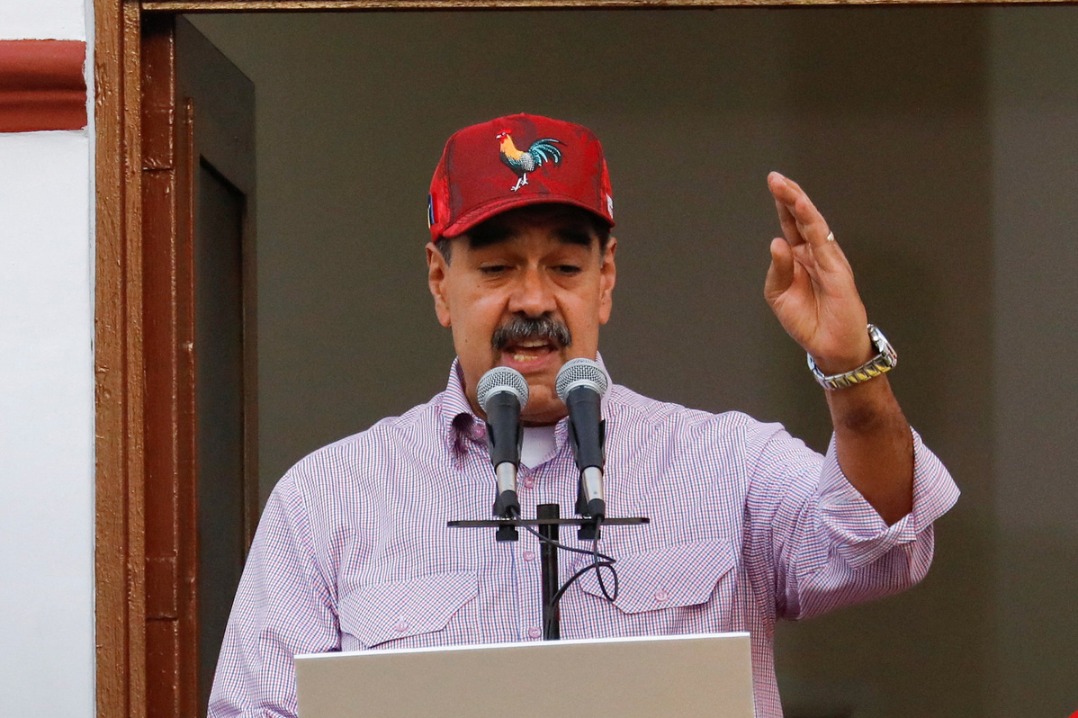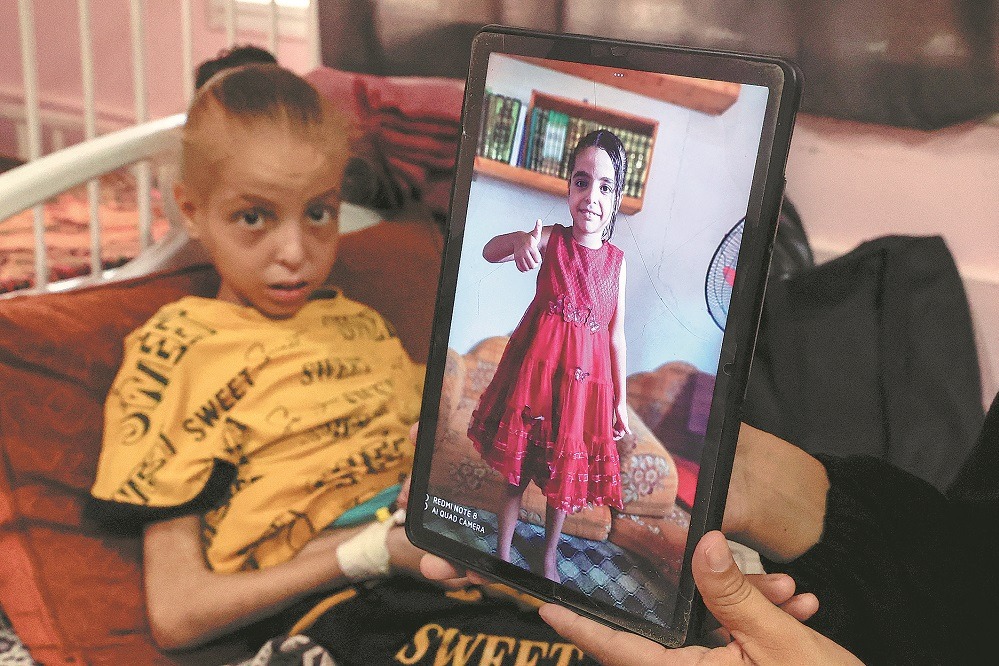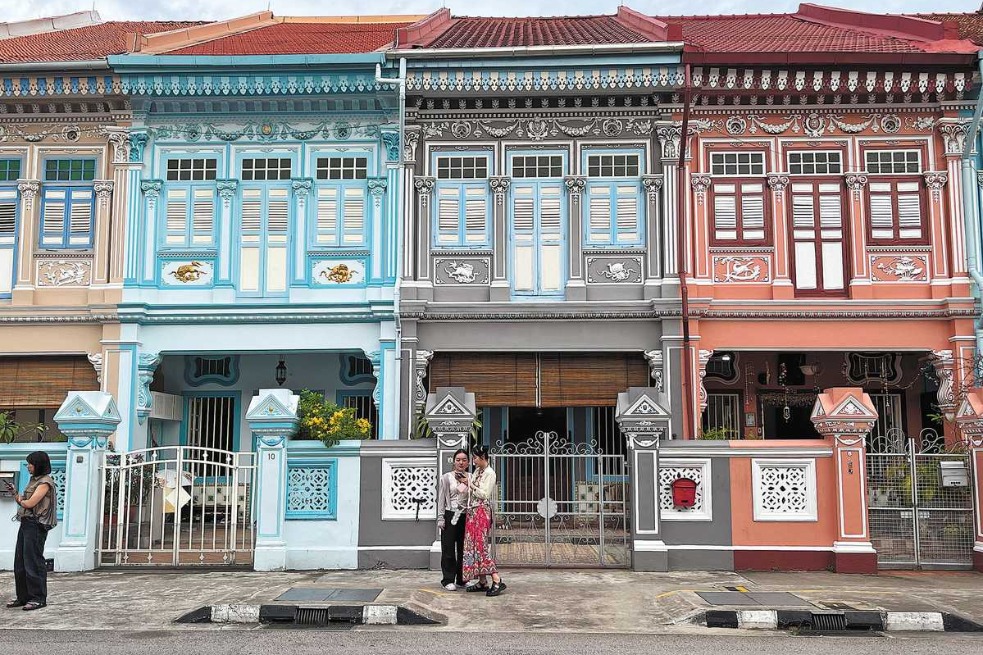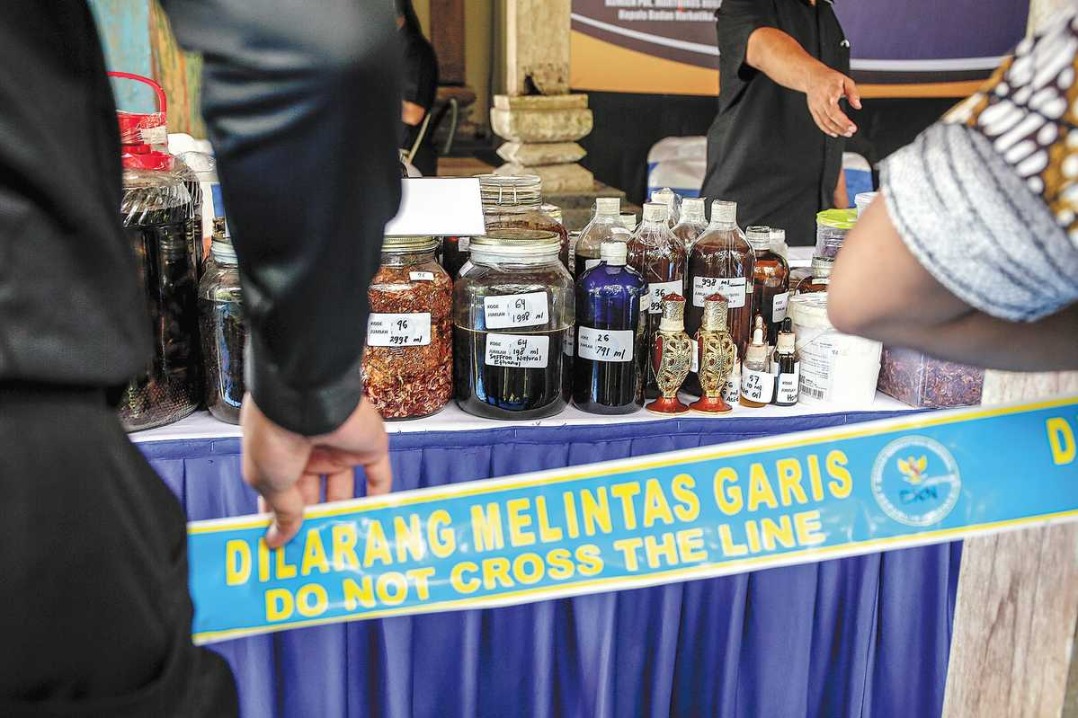Extreme weather contributes to dengue outbreak in Latin America

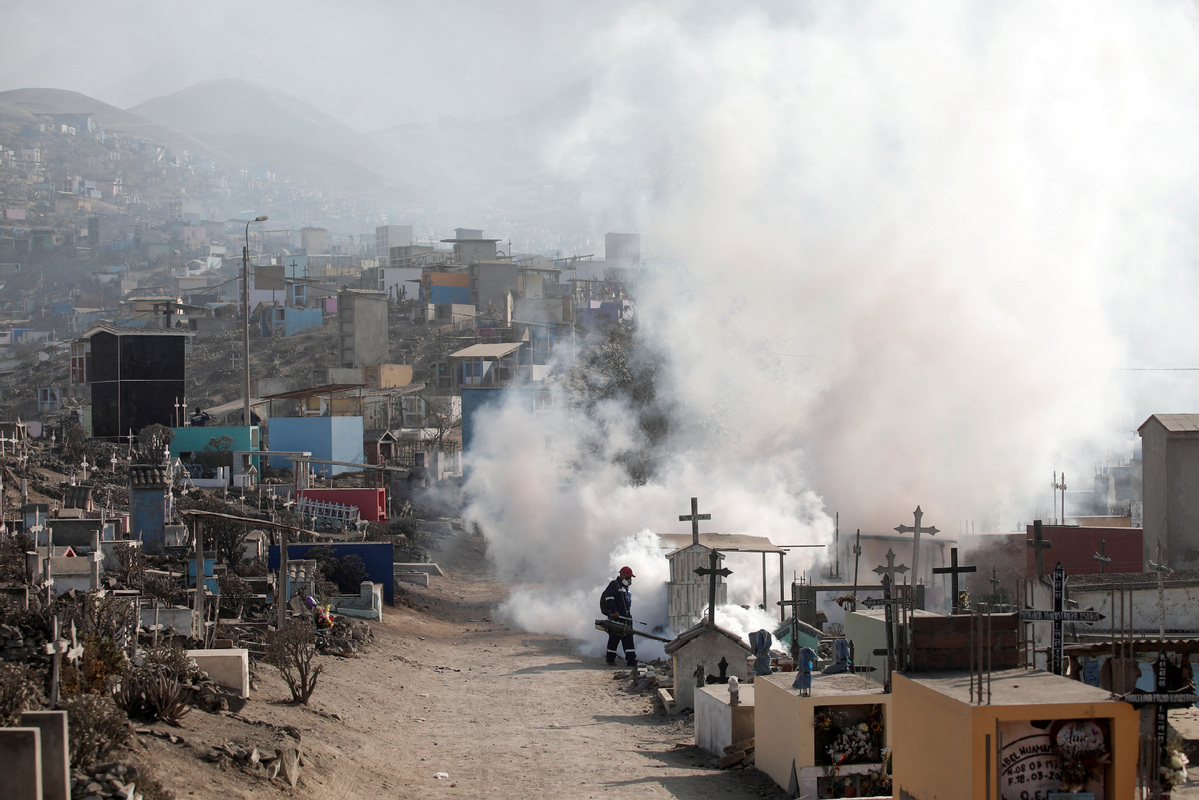
A huge dengue outbreak has rocked Latin America this year, infecting hundreds of thousands of people and causing a vastly bigger death toll compared to such outbreaks in the past. In many ways, the emergency may be related more to climate change than to health care, experts say.
Countries such as Argentina, Brazil, Bolivia, Colombia and Peru have all been hit hard with sharp rising cases. In Peru, dengue has spread all over the country, with more deaths recorded in the first six months of 2023 than in any full year on record.
Dengue is a viral infection transmitted by mosquitoes. It causes a range of symptoms including a high fever, severe headaches, joint and muscle pain and rashes. In severe cases, it can cause bleeding, organ damage and death.
Climate change has led to changes in weather patterns, resulting in wetter rainy seasons and increased flooding. These conditions, the World Health Organization says, create a favorable environment for the mosquitos that carry the dengue virus to breed and spread.
"There was a period of heavy rains, which favored the reproduction of the mosquito that transmits dengue and the spread of the disease has become widespread in all regions of the country," Jorge Irazola, a representative of Farmamundi in Peru, said.
Farmamundi is a Spanish not-for-profit organization that manages a fund to help respond to humanitarian crises and natural disasters.
"The number of cases has increased explosively, which has overloaded health systems," Irazola said recently after a trip to deliver aid such as diagnostic kits, drugs and fumigation supplies to fight the spread of the Aedes Aegypti mosquito, which transmits dengue.
"In 2023, Peru's rainy season was marked by a series of extreme weather events, such as Yaku, the first cyclone recorded in this area of the Pacific in 40 years, followed by the unusual warming of ocean waters off the country's coast," Farmamundi has noted.
In Peru, there were more than 184,900 suspected and confirmed cases of dengue, and 239 deaths linked to the disease, this year as of July 3. Last year by the same time, there were 49,700 cases and 64 deaths.
"The incidence of cases compared to the period from 2017 to 2023 has increased by up to 90 percent and more. That is why we… find the situation very alarming," said Arlynes Munoz, a public health specialist at Descocentro, a non-profit group involved in the fight against dengue in Peru.
"More precipitation (rainfall) and higher average temperatures and humidity create ideal conditions for the mosquito to breed and multiply," said Luis Jorge Hernandez, an epidemiologist at Los Andes University in Bogota, Colombia. "Add to this the deterioration of ecosystems due to deforestation, mining and illegal crops."
Hernandez noted that environmental issues like inadequate waste disposal and storage, along with poor waste management, increase the risk of spreading the disease.
Colombia is facing a dengue crisis in multiple areas. By the first week of July, there were 161 probable dengue deaths reported in the country, according to Colombia's National Health Institute. There were 50,818 cases this year and the disease is spreading rapidly.
"It is still seen as a health problem, (but) it is an environmental and ecosystem problem," said Hernandez. "Hopefully the government will take corrective measures."
"In Ecuador and Bolivia there has also been an increase in cases, although not to the level of Peru," said Irazola. "It is important to address vector-borne diseases as emergencies and strengthen public health systems."
In Argentina there were almost 125,000 cases by the first week of July, compared to less than 1,000 recorded during the same period in 2022. So far this year, 65 people have died due to the mosquito-borne disease. No deaths were reported last year.
In April, Argentina approved the use of a dengue vaccine developed by Takeda, a Japanese company. However, the vaccine will not become available until the spring, which begins in September in the Southern Hemisphere. Also, the government is not very confident of the ultimate impact of the vaccine, given the scale of the crisis.
"Based on the data showcased, no vaccine can block an outbreak of dengue fever such as the one currently occurring in our country," Argentina's health ministry has said.
"The best prevention strategy continues to be the participation of the community in relation to the control and elimination of mosquito breeding sites, as well as the strengthening of communication of prevention measures to avoid mosquito bites and the use of vector isolation methods," it said in a press release.
The writer is a freelance journalist for China Daily.
















